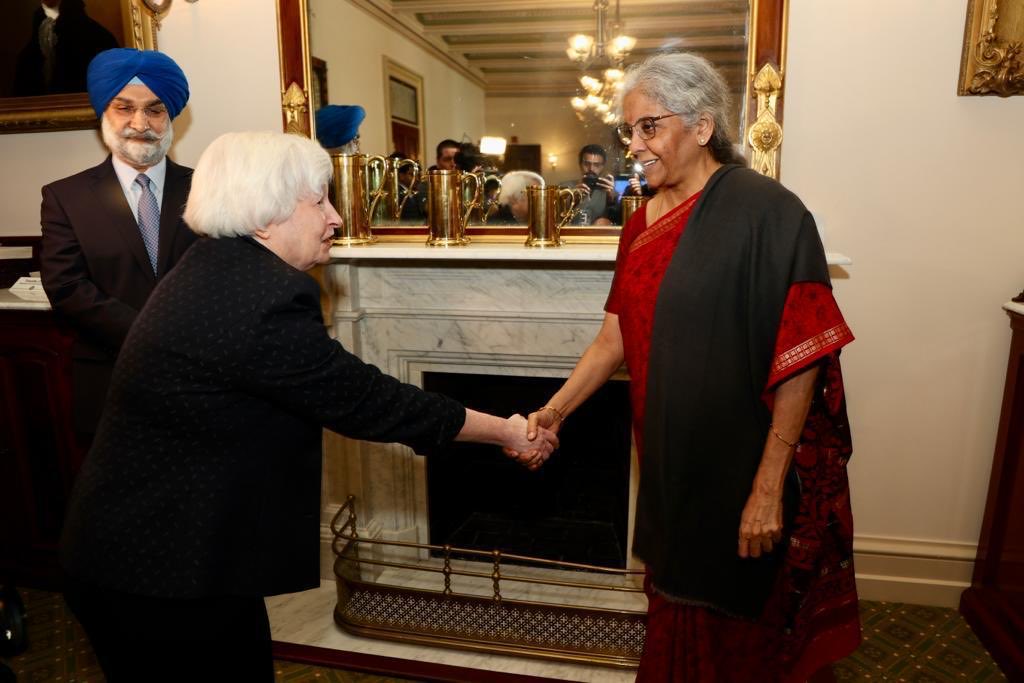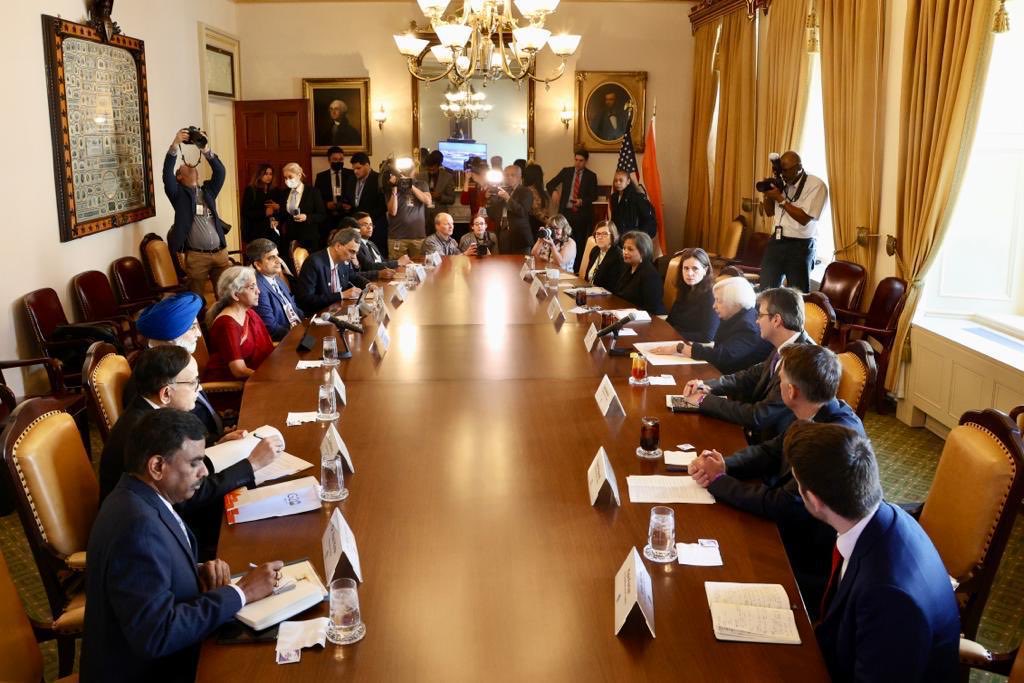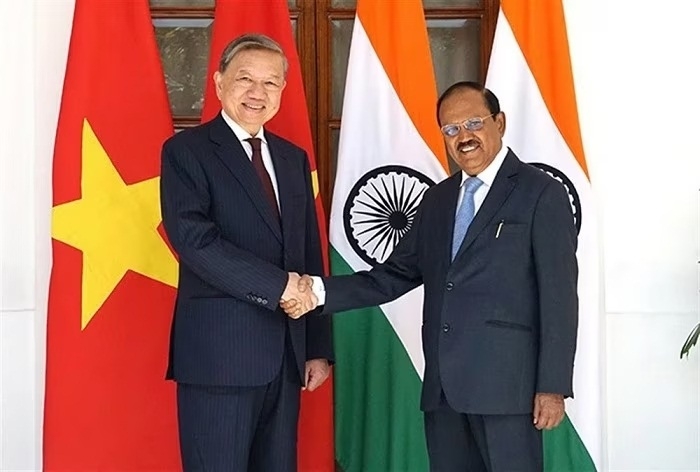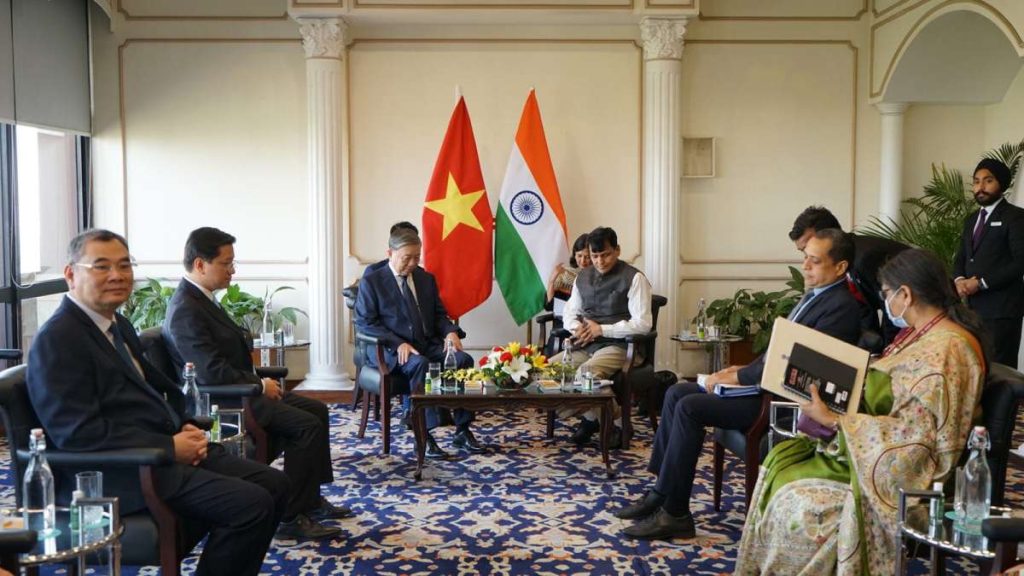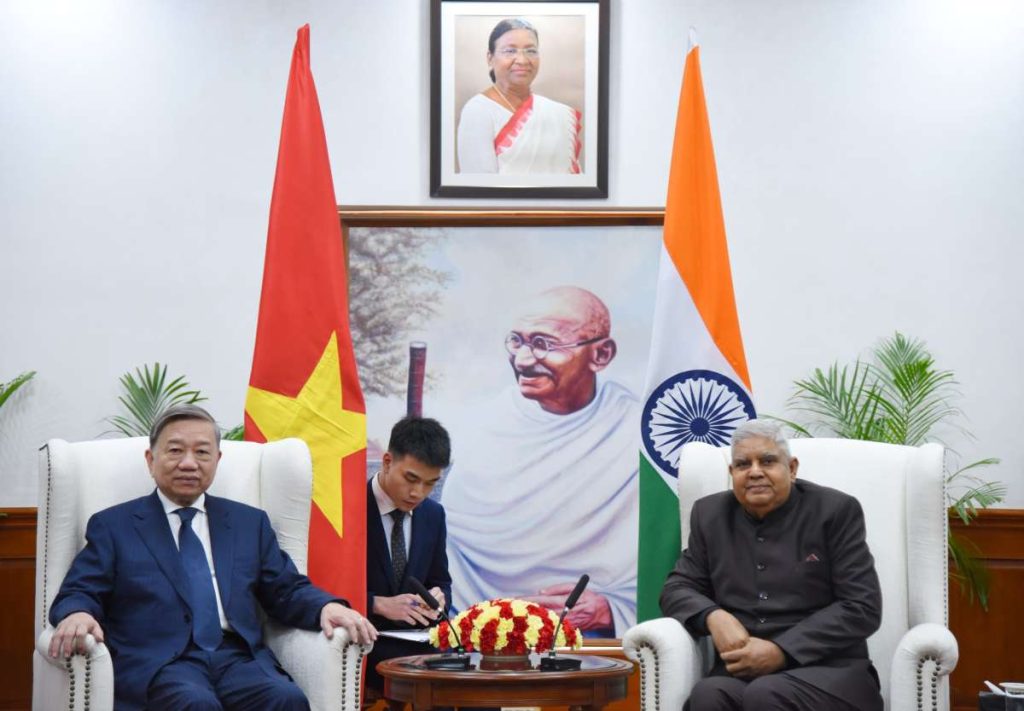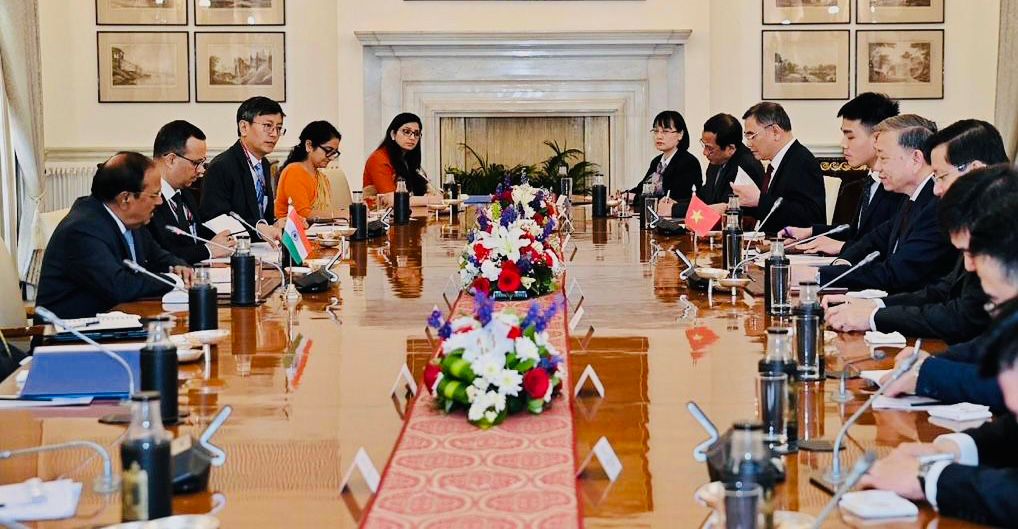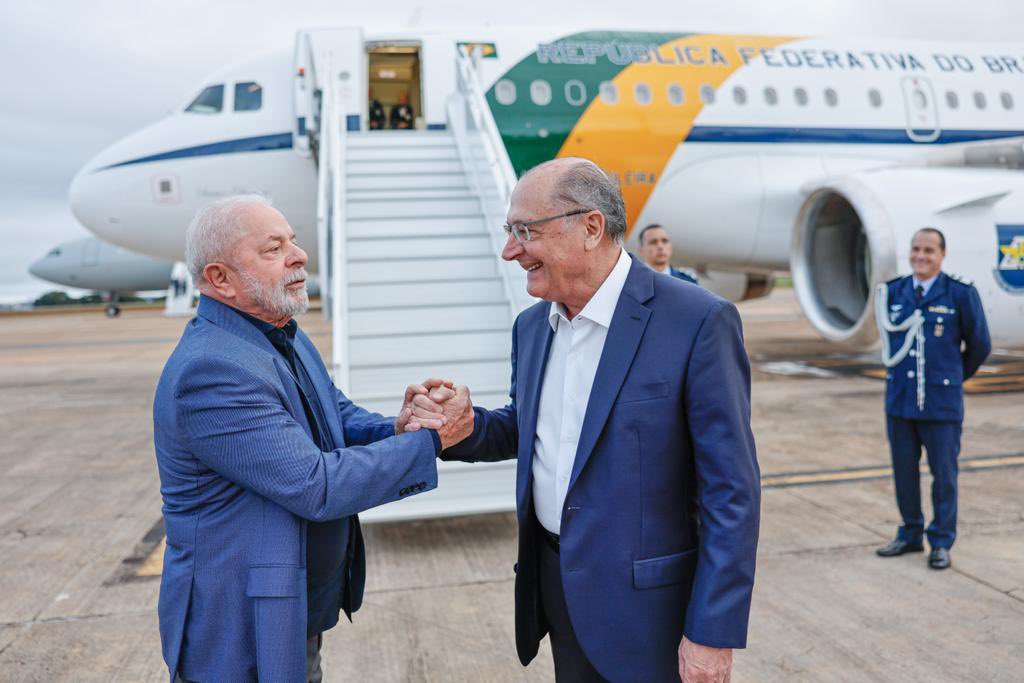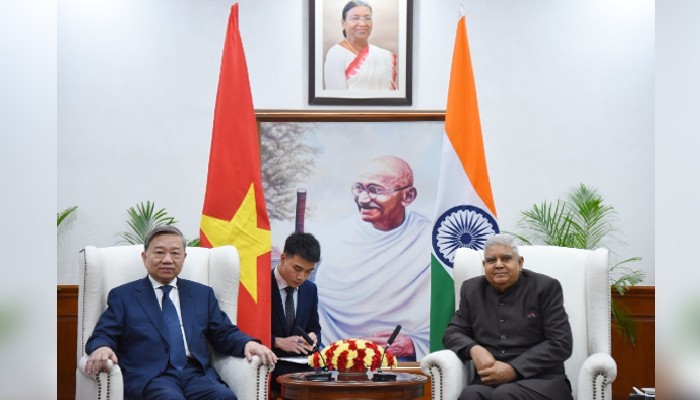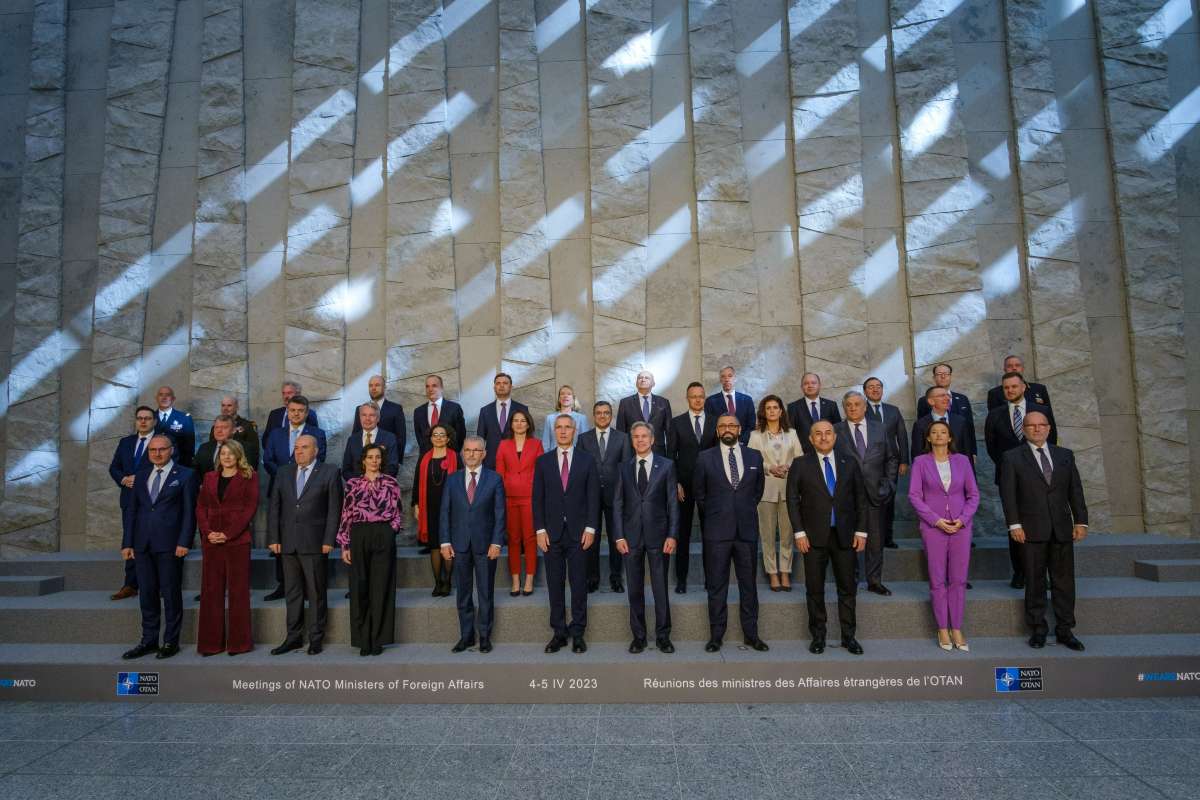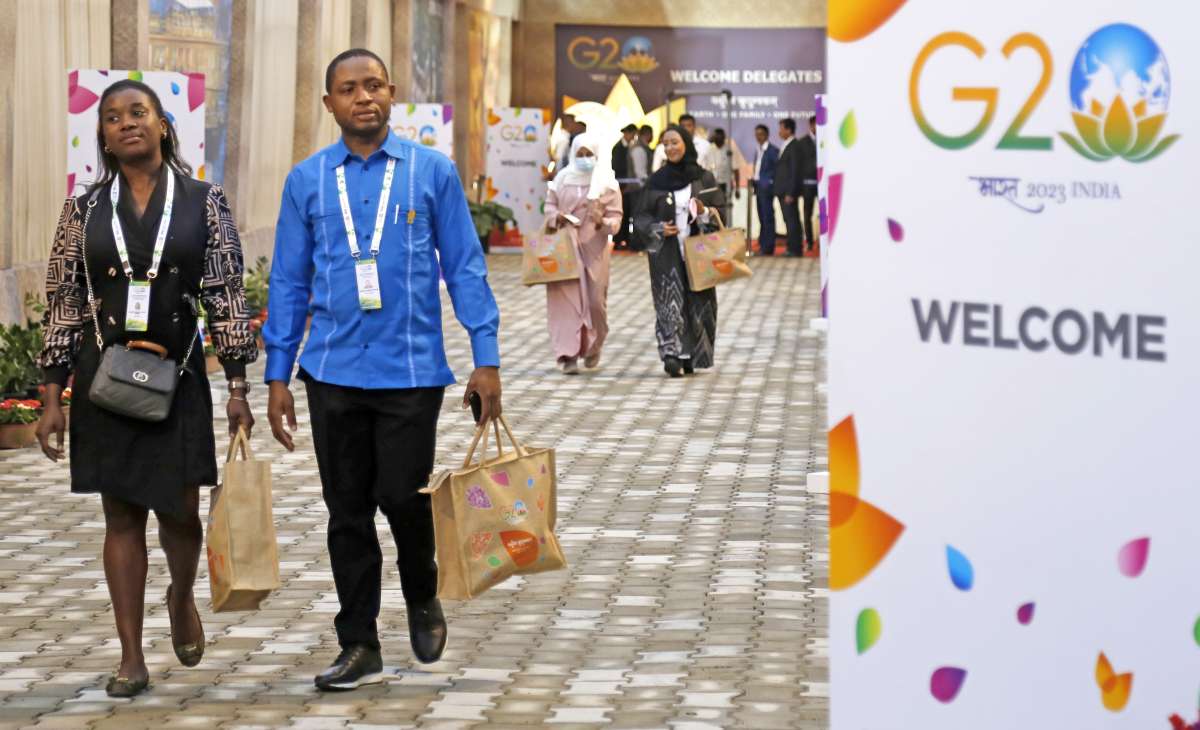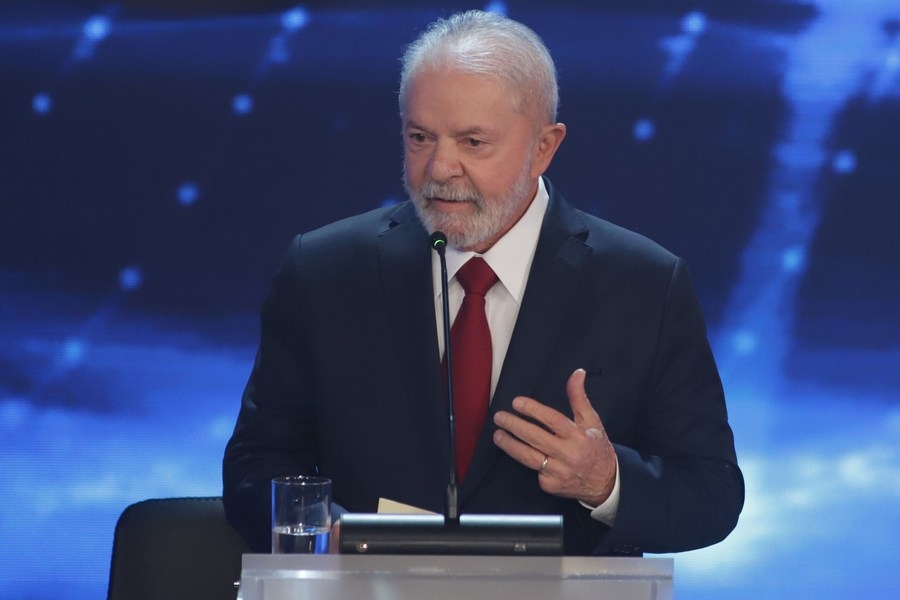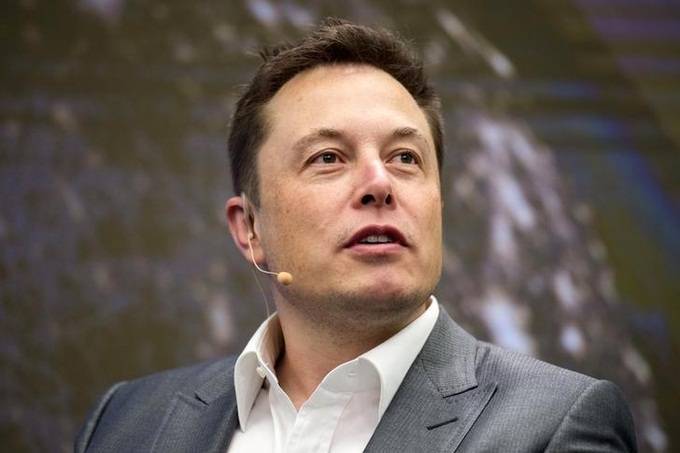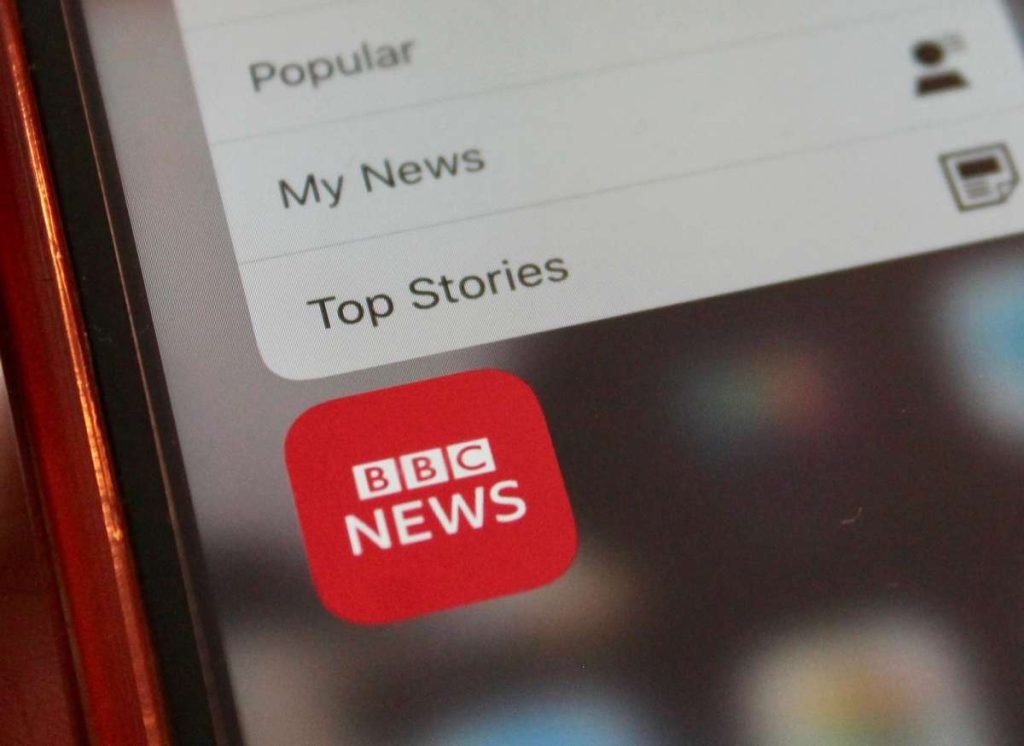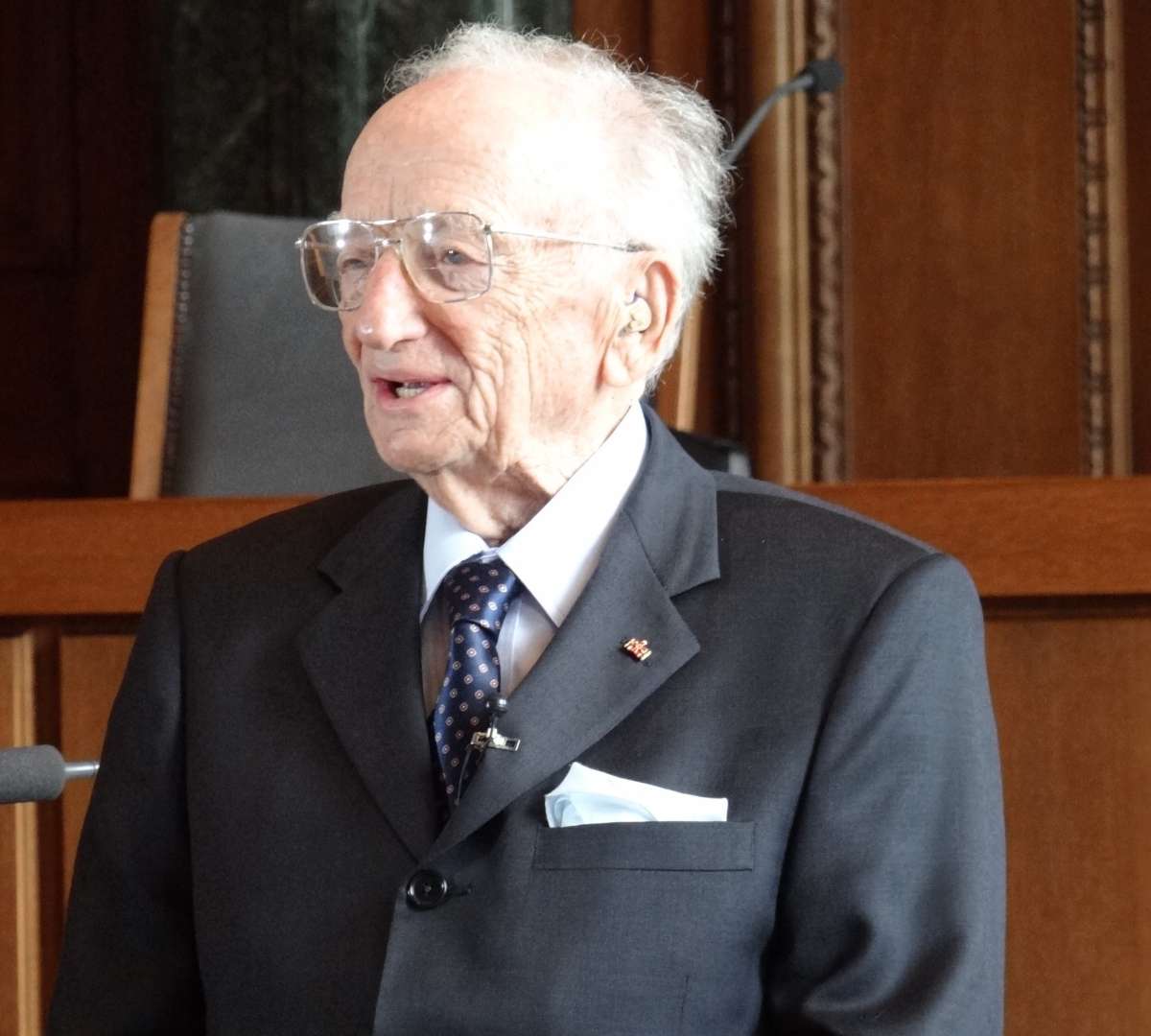China and Brazil are expected to sign at least 20 bilateral agreements during Lula’s two-day stay…reports Asian Lite News
Brazilian President Luiz Inácio Lula da Silva flew off to China on Tuesday to strengthen ties with his nation’s biggest trade partner and win support for his long shot push for peace in Ukraine.
Lula wants Brazil, China and other nations to help mediate the war as part of his nation’s return to the world stage, but his proposals to end the conflict have irked Ukraine and some in the West. Less controversial is the Brazilian and Chinese mutual interest in trade after a rocky period under Lula’s predecessor.
China and Brazil are expected to sign at least 20 bilateral agreements during Lula’s two-day stay, according to the Brazilian government. Lula plans to visit Shanghai and Beijing, and meet with his counterpart, Xi Jinping, on Friday.
The two leaders are expected to discuss trade, investment, reindustrialization, energy transition, climate change and peace agreements, the Brazilian government said.
China is Brazil’s biggest export market, each year buying tens of billions of dollars worth of soybeans, beef, iron ore, poultry, pulp, sugar cane, cotton and crude oil. Brazil is the biggest recipient of Chinese investment in Latin America, according to Chinese state media.
Former Brazilian President Jair Bolsonaro and members of his family at times caused friction with Chinese authorities during his 2019-2022 term.
In 2020, when Bolsonaro’s lawmaker son Eduardo blamed the COVID-19 pandemic on the Chinese Communist Party, the Chinese ambassador to Brazil called his words “an evil insult against China and the Chinese people.” Later that year, Eduardo referred to the giant Chinese technology company Huawei as “Chinese espionage,” prompting a sharp rebuke from China’s embassy. Last year, China did not have an ambassador in Brasilia for eight months.
The rift stoked criticism in Brazil, even among sectors that supported Bolsonaro, like agribusiness.
“I want the Chinese to understand that their investment here will be wonderfully welcome, but not to buy our companies. To build new things, which we need,” Lula told journalists in Brasilia on April 6.
Chinese companies are involved in public works projects in Brazil, including a metro line in Sao Paulo, the country’s business capital. One of the agreements Lula will sign in China will be for construction of the sixth satellite built under a binational program, a satellite that would monitor biomes such as the Amazon rainforest.
“Brazil can’t afford to turn its back on the benefits China brings. The U.S. doesn’t have the capacity to absorb Brazil’s exports as China does, nor occupy the same space in investment and infrastructure,” said Pedro Brites, an expert on China at the Getulio Vargas Foundation, a university and think tank in Sao Paulo.
And China is encouraging its companies to find new markets and foreign partners to reduce reliance on the U.S.
“Lula knows you have to treat your clients well. Even more so when it is your best client,” said Charles Tang, who chairs the Brazil-China Chamber of Commerce.
In what Tang suggested was the result of a renewed partnership, China ended restrictions on Brazilian beef just before Lula was initially scheduled to make his trip. Sales of Brazilian beef to China were banned in February following the discovery of an atypical case of mad cow disease.
Lula’s visit to China, initially scheduled for March but canceled after he fell sick, is also an attempt by the leftist leader to reaffirm Brazil’s role on the global stage following Bolsonaro’s term, who admired right-wing nationalists and showed little interest in international affairs or travel abroad.
Lula visited Argentina and Uruguay in January and the U.S. in February, signaling the importance he gives to international affairs, experts said. He toured the world during his first presidency, particularly in his second term, when he visited dozens of countries, and has visited China twice before.
“Lula is implementing the promise he made that Brazil is back,” said Oliver Stuenkel, a political scientist at the Getulio Vargas Foundation.
China and Brazil are members of the BRICS group of developing countries and have pushed for changes in what they say is a U.S.-dominated system of managing global political affairs.
Russia is also a BRICS member, and a key piece of Lula’s outreach abroad is his proposal that Brazil and other developing countries, including China, mediate peace.
Lula has irritated Ukraine and some in the West with his position on the war, most recently by suggesting during a meeting with journalists in Brasilia last week that Ukraine cede Crimea as a means to forge peace. Xi met with Putin last month, sending a message to U.S. and European leaders that their condemnation of Russia’s invasion is not unanimous.
Earlier this month, a Lula adviser, former foreign affairs minister Celso Amorim, took a discreet trip to Moscow, where he met with President Vladimir Putin.
Amorim “went to listen and to say the time has come to talk,” Brazilian Foreign Minister Mauro Vieira told reporters in the capital, Brasilia, on April 5.
There is at least some common ground. Vieira noted that the Chinese peace proposal presented in February contains aspects in common with Lula’s, such as ceasing hostilities and starting negotiations.
“These are completely plausible and may be stimulus for talks,” he said.




